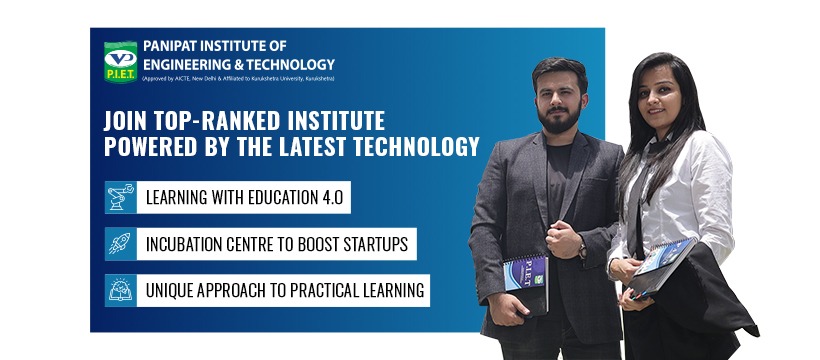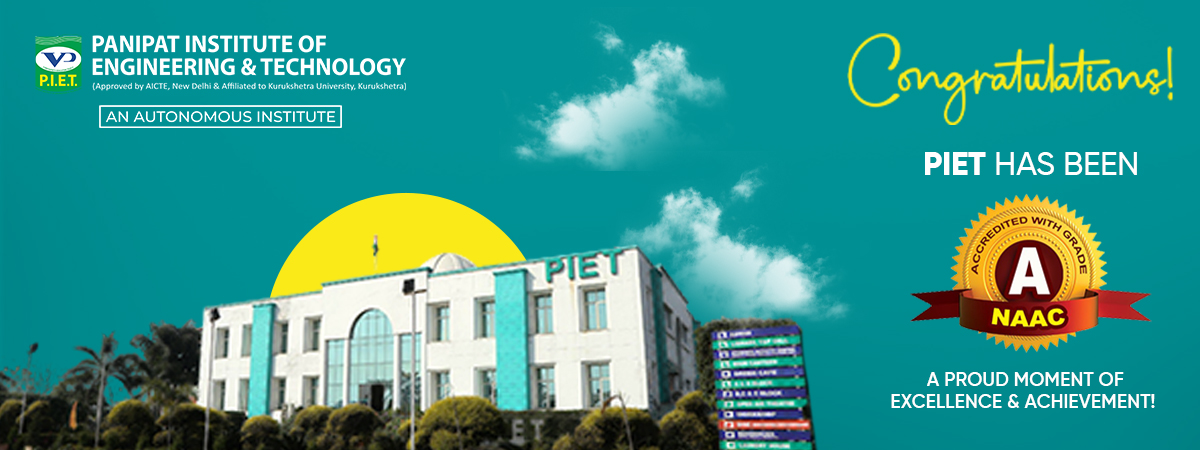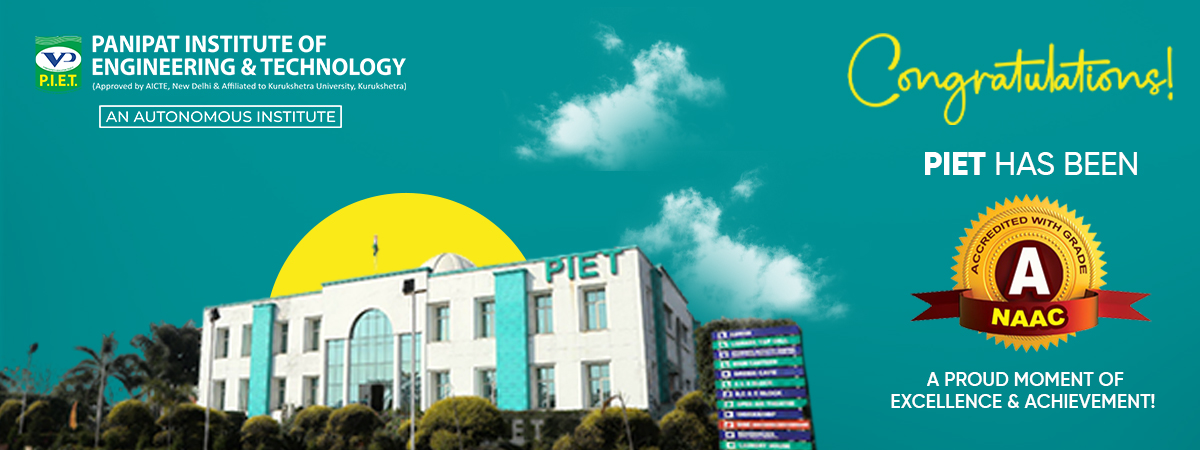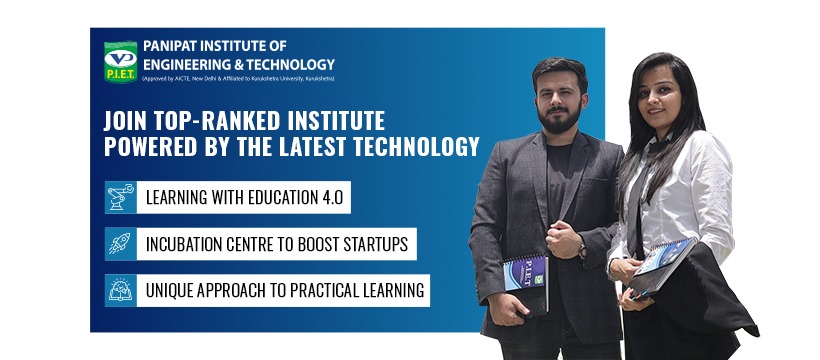Top Future Mechanical Engineering Courses

Mechanical engineering has long been regarded as the backbone of industrial development,
but in today’s fast-changing technological landscape, it is evolving rapidly. No longer limited
to conventional design, manufacturing, and maintenance, mechanical engineering is now
intersecting with cutting-edge technologies such as robotics, artificial intelligence,
nanotechnology, sustainable energy, and smart manufacturing.
For students looking to stay ahead of the curve, opting for future-ready mechanical
engineering courses can open doors to exciting career opportunities in both traditional
industries and emerging sectors. This blog dives deep into some of the top futuristic
mechanical engineering courses available in India — courses that are reshaping the field and
preparing students for tomorrow’s demands.
As industries evolve with automation, sustainability, and digital transformation, the
mechanical engineering landscape is shifting. Here are some of the most promising and
future-ready courses students and professionals can pursue to stay ahead:
1. Mechatronics and Robotics: It covers the integration of mechanical systems with
electronics, sensors, control systems, and software (especially for automation and robotics).
With the rise of smart factories and autonomous machines, mechatronics engineers are in
high demand. The career opportunities after this course could be Robotics Engineer,
Automation Specialist, Mechatronics Designer, R&D Engineer.
2. Sustainable and Renewable Energy Systems: It focuses on design and
implementation of energy-efficient systems, solar and wind technologies, and sustainable
thermal systems. Climate change and the global push toward clean energy are creating a huge
demand for green mechanical engineers. The career roles include Energy Analyst, Solar
Design Engineer, HVAC Consultant, and Sustainability Expert.
3. Electric Vehicle (EV) Technology: This course covers battery systems, electric
drivetrains, energy storage, regenerative braking, and vehicle dynamics. India and the world
are moving fast toward electric mobility. EV knowledge is becoming a key mechanical skill
set. The career roles include EV Design Engineer, Battery Management System Engineer,
and Powertrain Developer.
4. AI and Machine Learning in Mechanical Systems: It covers using AI/ML to
optimize mechanical designs, predict machine failures, automate production lines, and
enhance simulations. Data-driven engineering improves efficiency and reduces costs in
manufacturing and maintenance. The career roles could be Predictive Maintenance Engineer,
Smart Systems Designer, AI Analyst for Engineering.
5. Advanced Manufacturing (Industry 4.0): It covers additive manufacturing (3D
printing), digital twins, IoT, cyber-physical systems, and smart factory operations.
Manufacturing is becoming more digital, personalized, and efficient — mechanical engineers
are at the heart of this change. The career roles could be Manufacturing Engineer, Process
Engineer, Digital Factory Manager.
The future of Mechanical Engineering is multidisciplinary. To stay competitive, engineers
need to go beyond the basics — embracing digital tools, sustainability, AI, and new
materials. Choosing the right future-oriented courses can make you a leader in tomorrow’s
World.
India is at the verge of a technological revolution, and mechanical engineering is no
exception. The discipline is expanding far beyond its traditional scope, blending with
computer science, electronics, sustainability, and materials science. The key for aspiring
engineers is to future-proof their skills by choosing courses that align with where the world is
Headed.
For a student just starting out, these futuristic mechanical engineering courses will give you a
competitive edge in a rapidly evolving job market. Explore, learn, and build the future —
because mechanical engineering is not just about machines anymore; it's about shaping a
smarter, cleaner, and more efficient world.
Choosing the right college for Mechanical Engineering is a crucial step in shaping your future
career. With hundreds of engineering institutions spread across India, making the right
decision can feel overwhelming. However, by focusing on a few key factors, you can
simplify the process and find a college that aligns with your academic goals and career
Aspirations.
1. Accreditation and Reputation
The first step is to ensure the college is approved by relevant authorities like AICTE (All
India Council for Technical Education) and affiliated with a recognized university.
Additionally, look at national rankings such as the NIRF (National Institutional Ranking
Framework) to gauge the college’s reputation.
Top-tier institutions like IITs, NITs are widely recognized for their excellence in
Mechanical Engineering. However, many state universities and private colleges like the
autonomous Panipat Institute of Engineering and Technology (PIET) also offer quality
programs, provided they have strong accreditation and consistent academic performance.
2. Faculty and Research Opportunities
Mechanical Engineering is a hands-on, research-driven field. Check the qualifications of the
faculty, their industry experience, and whether they are involved in research projects. Good colleges encourage students to participate in research, publish papers, and engage in innovative design projects.
Some colleges even have collaborations with industries and government research bodies,
which can open up internship and job opportunities for students.
3. Infrastructure and Labs
Mechanical Engineering demands practical learning. Ensure the college has well-equipped
labs for subjects like fluid mechanics, thermodynamics, heat transfer, and manufacturing.
Advanced software tools like AutoCAD, ANSYS, SolidWorks, and MATLAB are also important for design and simulation.
Look for institutions that have modern workshops, 3D printing labs, and CAD/CAM facilities, as these will be essential for real world problem-solving.
4. Placement Records
A good Mechanical Engineering college should have a strong placement cell and a consistent
record of placing students in core companies. Research the past few years’ placement
statistics — not just the highest salary, but the average package, number of students placed,
and the diversity of companies.
Top recruiters typically include Tata Motors, L&T, Mahindra & Mahindra, Bosch,
Ashok Leyland and Siemens. Some mechanical engineers also transition into software or
management roles after graduation.
5. Alumni Network and Student Life
A strong alumni network is a sign of a well-established institution. It also helps with
mentorship, internships, and job referrals. Additionally, explore the campus culture, clubs,
and extracurricular activities. Colleges that promote innovation (like SAE, robotics clubs, or
technical fests) can give you the extra edge in soft skills and teamwork.
Note: IndiBlogHub features both user-submitted and editorial content. We do not verify third-party contributions. Read our Disclaimer and Privacy Policyfor details.







